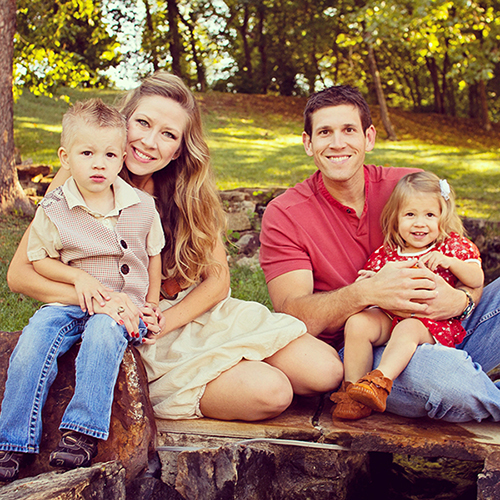
Parents of children such as Brady, 3½, and Hunter, 11, who have autism spectrum disorders, share a desperate need for accurate, helpful and practical information that is often hard to find.
“Brady was diagnosed at 2 with a regressive form of autism,” said his mother, Wendy Butler. “At 14 months, he knew every letter of the alphabet, he spoke clearly and he made eye contact. Over the course of 15 to 18 months, we watched him lose all of those skills. It was heart-breaking to watch and not be able to do anything. We literally have poured ourselves into finding all the resources we could to help him.”
One place parents such as Wendy and her husband, Richie Butler, can find information to help their children is the annual Autism Spectrum Disorders Symposium sponsored by the University of Arkansas. The special education program at the U of A offers the latest information each year to parents, as well as educators and other professionals who work with children with autism. That’s in addition to the academic degrees and graduate certificates offered by the program, which is based in the department of curriculum and instruction in the College of Education and Health Professions.
The symposium in recent years has focused on two of the most effective, research-based treatments in the field of autism spectrum disorders – applied behavior analysis and pivotal response training. The symposium, in its fifth year, took place in May.
Laura Reynolds’ 11-year-old son, Hunter, was also diagnosed with an autism spectrum disorder when he was 2, shortly before the family moved to Northwest Arkansas from St. Louis.
Hunter began getting applied behavior analysis therapy on a limited basis soon after coming to Arkansas.
“That got him a great start,” Reynolds said. “He just needed a lot more. We did what we could at home, but there was not as much research on pivotal response training then. For us, the missing link was being able to embed the therapy he was getting outside the home into our everyday lives. We need to do it everywhere, all the time. The symposium gave me great visuals of everyday environments where we can be teaching him.”
Topics
Contacts
Heidi Wells, director of communications
College of Education and Health Professions
479-575-3138,